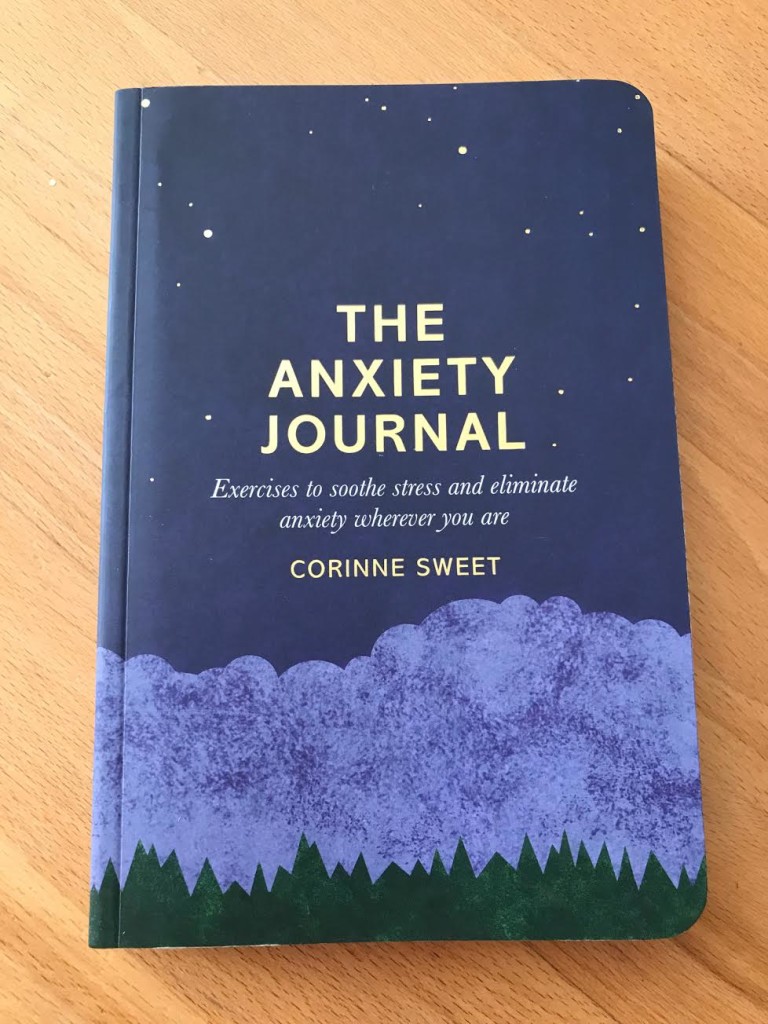Anxiety is on the rise. In fact, according to mentalhealth.org.uk, in 2013 there were 8.2 million cases of anxiety in the UK. There has been an explosion in how many anxiety books are published and magazines are full of articles on anxiety and how to cope. In 2017 the House of Commons guidelines state that the maximum waiting time for NHS mental health services should be 18 weeks. It would be fair to say we have an epidemic on our hands.
The good thing about this is the normalisation of anxiety. It is easy to think you are alone when you have a health problem, but anxiety is normal and it is possible to get help. Not only from the NHS, but also from the plethora of books and articles on the subject. The Anxiety Journal is such a book. Full of great techniques and information, I was mightily impressed. The journal goes through every aspect of anxiety: what you may be feeling, symptoms, the different types of anxiety, self-care, triggers, quotes, exercises to help, CBT and how to leave the anxiety mindset behind amongst other things. It has a great resource list and beautiful illustrations by Marcia Mihotich. This is a great journal which is essential for anyone suffering from anxiety.
While some forms of anxiety are natural, even helpful, anxiety disorders can lead you into a spiral of stress and worry, and interfere with your everyday life.
Practical, supportive and uplifting, this is a journal for anyone who struggles with anxiety, whether in the form of phobias, social anxiety, generalized anxiety (GAD) or day-to-day worrying. Beautifully illustrated by Marcia Mihotich, The Anxiety Journal by Corinne Sweet encourages you to use CBT techniques and mindfulness exercises to help you better understand your anxiety and help you to achieve peace and calm.
Whether you’re awake at 4am unable to turn off those racing thoughts, or struggling to get yourself together before a presentation, The Anxiety Journal will help to soothe stress and reduce worry, identify negative thought-cycles, and provide you with techniques to combat anxiety wherever you are.
The Anxiety Journal is available here.




